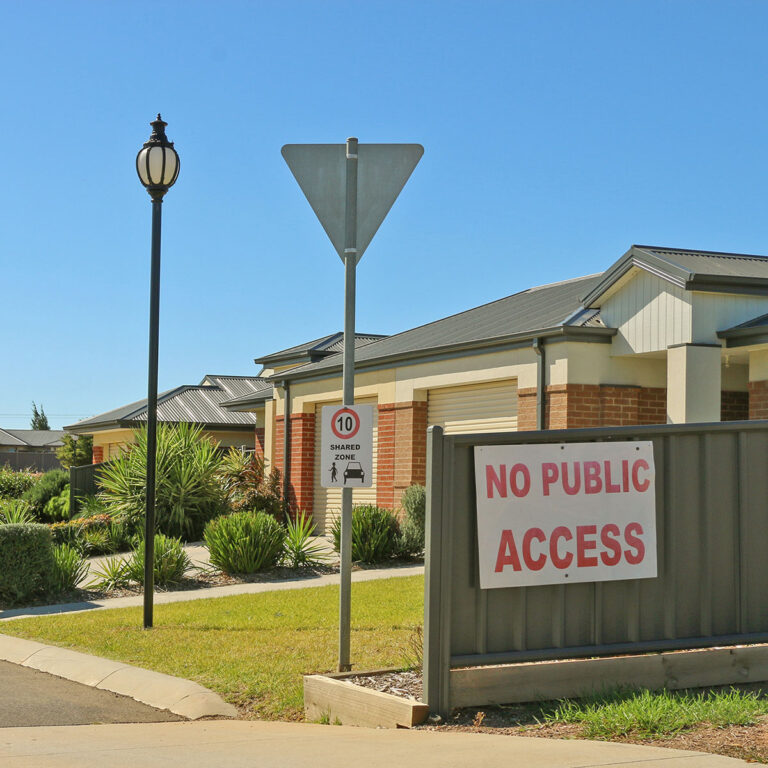Currently in its second reading, the Overseas Investment Amendment Bill has not been without controversy. The Select Committee received over 200 submissions from the public about the legislation, which were reportedly overwhelmingly negative. This led to the committee recommending exemptions for some, including the electricity and telecommunications industries. However, the aged care industry has not been included in the exemption recommendations.
People in the industry say this will have a serious impact, not only on the industry, but on housing in New Zealand and the nation’s preparedness for its aging population.
The Bill and Its Intentions
The new bill amends the current Overseas Investment Act 2005 in an attempt to slow foreign purchases of houses and residential land, thus easing the current housing crisis. In order to do this, land classified as residential or lifestyle will be classed as “sensitive” and will not be able to be purchased by overseas persons without approval.
New Zealand citizens are obviously not covered by this bill, nor are permanent residents who meet certain criteria. However, businesses need to be aware that if they have, or could have, at least 25 per cent foreign ownership, they are classed as foreign investors. For example, if a Kiwi business is listed on the NZ Stock Exchange and overseas investors could buy more than a quarter of the business, the entity may be covered by this bill.
The Overseas Investment Office (OIO) grants approvals based on several criteria. The three exemptions that allow an overseas person to purchase are:
- They intend to permanently reside in New Zealand
- They will develop the land in a way that benefits the country
- They intend to develop the land to add to the housing supply
Effect on Aged Care Industry
The legislation as it stands could have far-reaching effects on the aged care industry. Most of the big players have significant foreign ownership; 25 per cent of Ryman is foreign-owned and 30 per cent of Metlifecare’s register is classified as foreign.
Although it may seem retirement villages would receive exemption from the OIO as they are adding to the housing supply, the details are less clear. The original legislation required that foreign investors divest within a certain amount of time, perhaps as little as a year. This doesn’t work with retirement village business models. The company effectively continues to own the home, buying it back from retirees when they move to a higher-care facility. They also hold on to the land that houses community facilities.
Even if the OIO does grant exemptions, the process is likely to add 6-18 months and substantial amounts of money to any project, making it a far less attractive investment option.
Benefits of an Exemption
With almost a quarter of the New Zealand population expected to be over 65 by 2036, the need for retirement villages will continue to rise. Retirement villages and aged care facilities are part of the forward planning to help support this aging population.
Retirement villages add actual housing to New Zealand to help ease the housing crisis. Land for retirement villages and aged care facilities are also occupied by more people than other forms of residential development. Retirees then sell their existing homes, adding more suburban properties to the market for families and new homeowners.
Those in the industry supporting an exemption note that retirement villages create local jobs and housing and that assets remain in the country. They claim that the investment capital to build these facilities does not exist completely within New Zealand.
The government needs to carefully consider this sort of legislation. Although keeping assets and profits in New Zealand is a laudable goal, there’s often unintended consequences. A decrease in foreign investment will affect not just the housing sector, but New Zealand’s overall economy. The bill is still being debated and is one for all in the aged care sector to keep an eye on.

